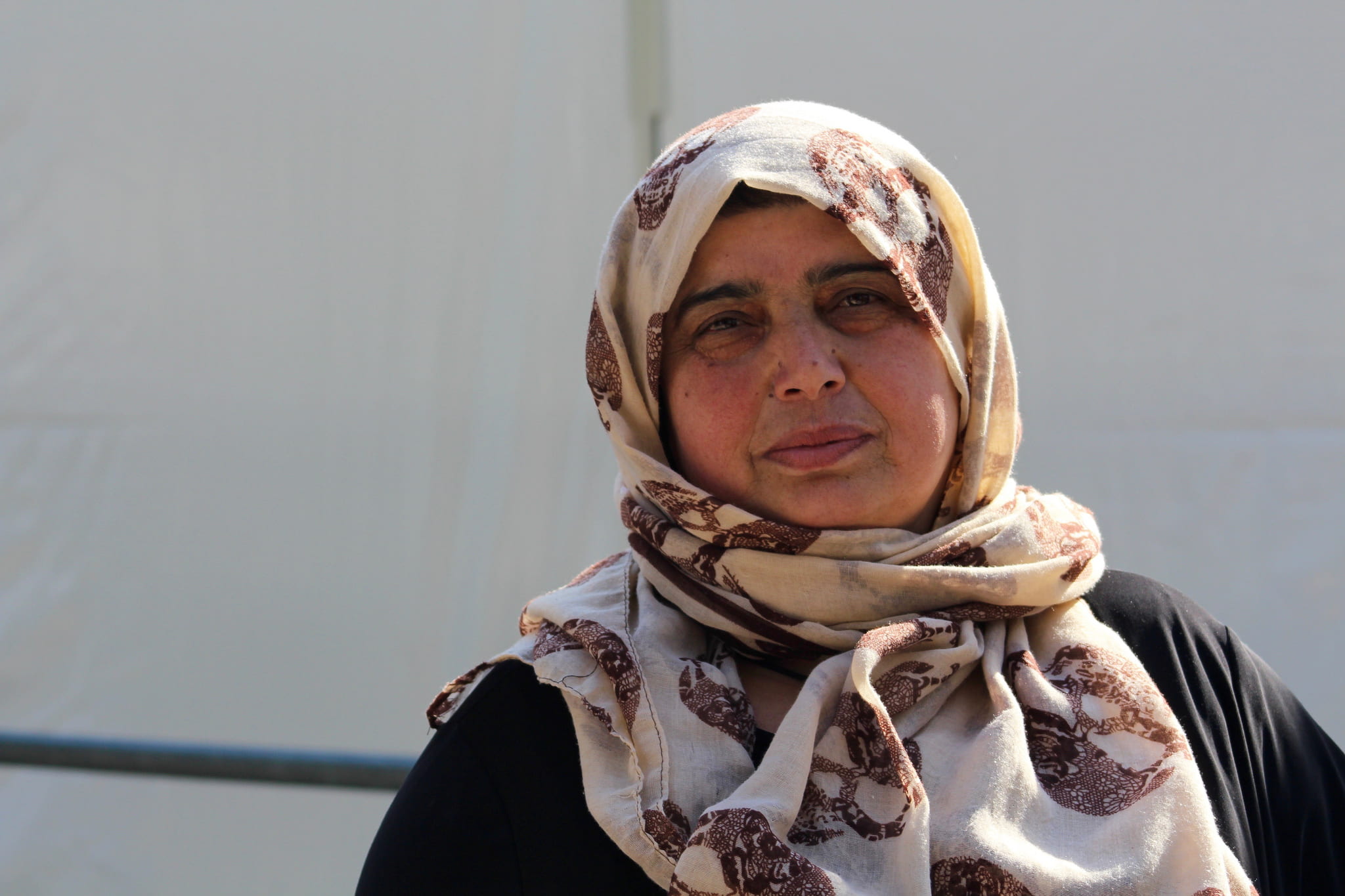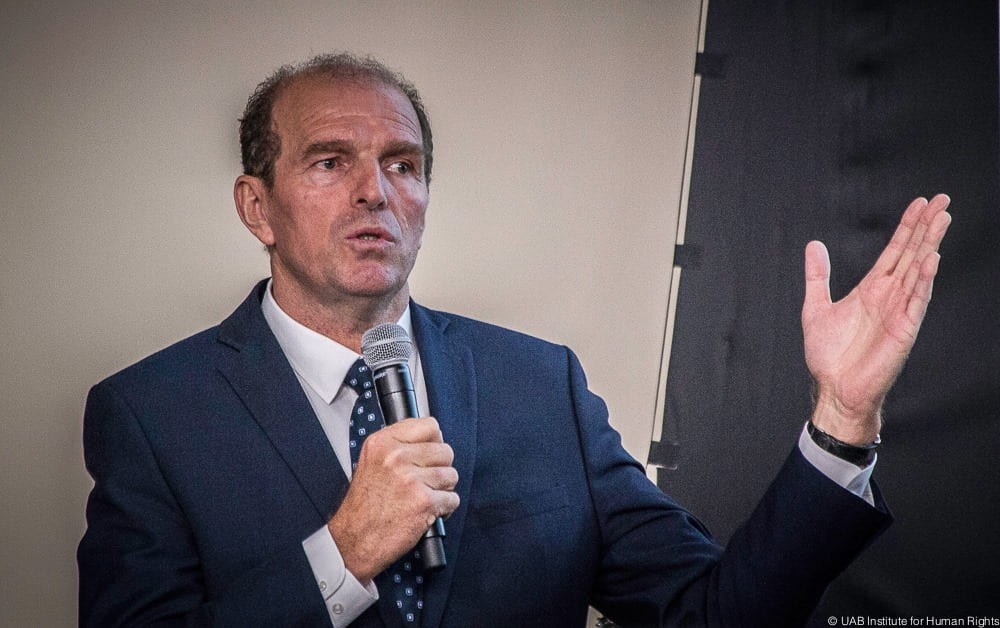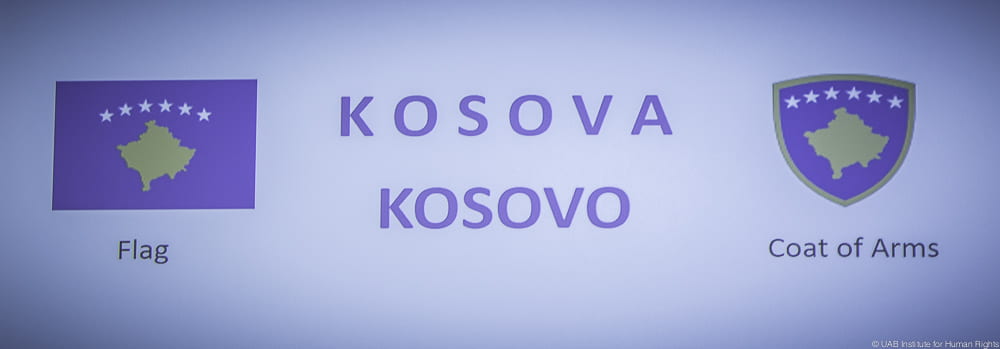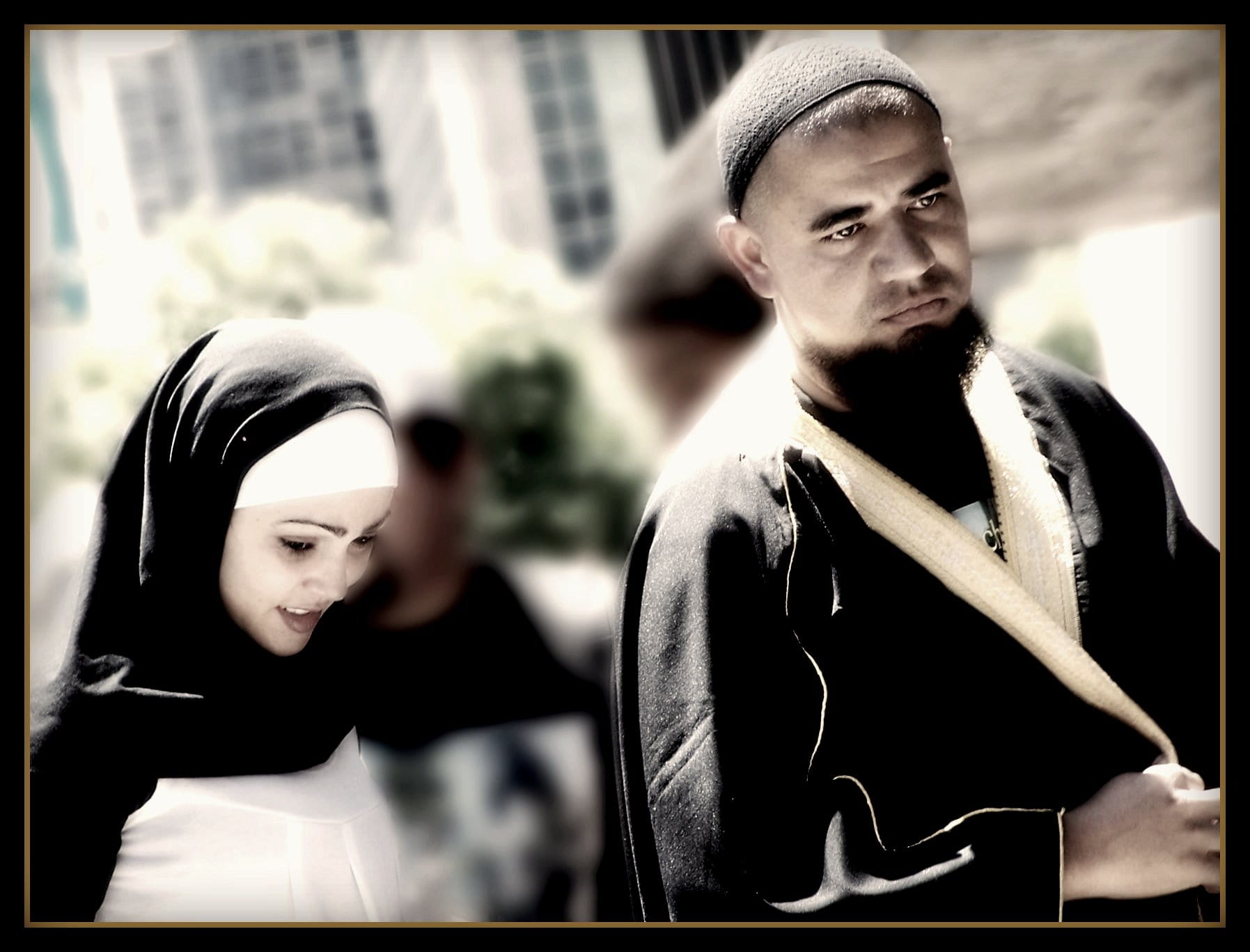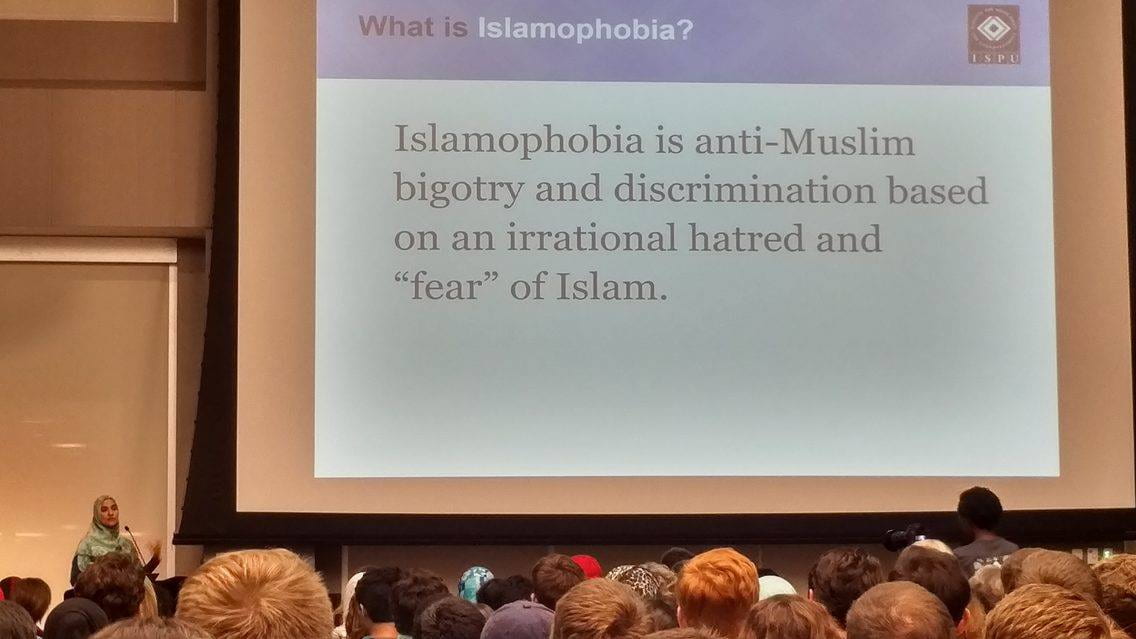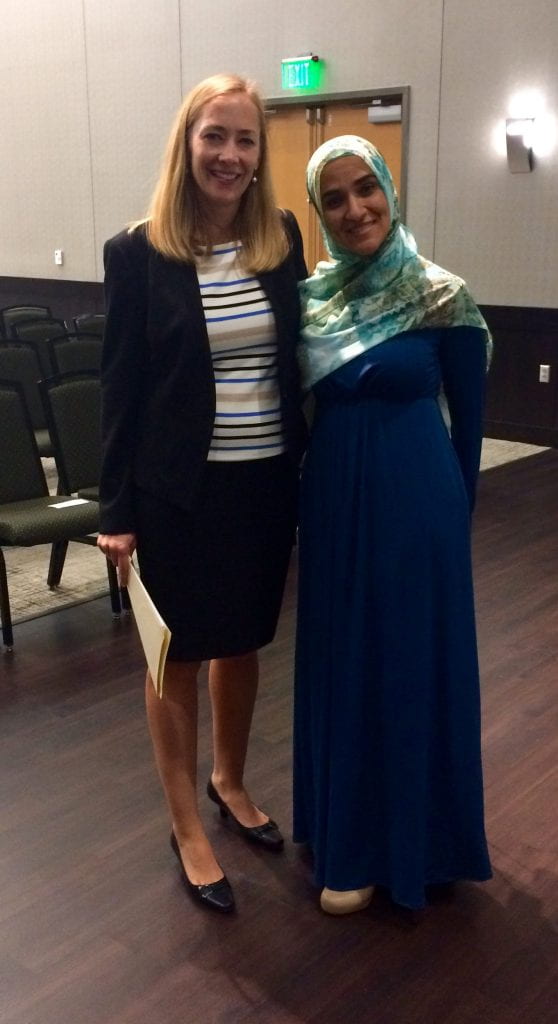I can remember a few years ago, after hurricane Katrina hit Louisiana, the term ‘refugee’ was used to describe victims in New Orleans. Civil rights activists in America were noticeably upset because of the negative connotation and mental image generated with the use of the term. Rev. Al Sharpton, in an NPR interview shortly after hurricane Katrina, commented, “They are not refugees wandering somewhere looking for charity. They are victims of neglect and a situation they should have never been put in in the first place.” Could the same thing be said for people fleeing persecution, civil war, and conflict?
When you hear the word refugee what image comes to mind? According to the United Nations High Commissioner for Refugees (UNHCR), refugees are people fleeing conflict or persecution. They are defined and protected in international law, and must not be expelled or returned to situations where their life and freedom are at risk. The agency established the Convention Related to the Status of Refugees in 1951 to aid the more than 1 million people who were still displaced from World War II.
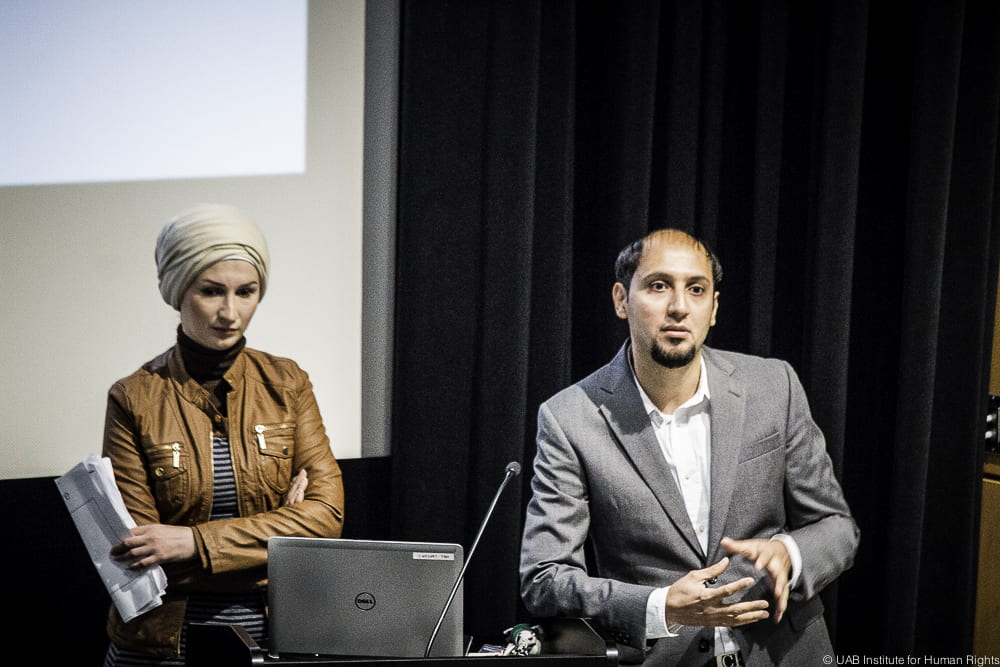
The increase in conflicts and civil wars in Africa and the Mediterranean have created a refugee crisis that is threatening international security. We have to ask ourselves, “who are refugees and who is responsible to care for the millions of people who are fleeing imminent danger”? Today, refugees around the globe number more than 20 million people. According to data compiled by UNHCR, half of these refugees hail from 3 states: Somalia, Afghanistan, and Syria. The number of refugees continues to grow. This crisis has created an atmosphere whereby countless human rights violations occur on a daily basis; however, policymakers and politicians seem to focus on the affects the numbers of people will have on their population, rather than on the wellbeing of those seeking asylum or refugee status. On November 16, Dr. Tina Kempin Reuter led a panel discussion that provided faculty and students with an opportunity to hear from experts who have intimate knowledge of this global crisis, including two personal testimonies, in an effort to bring understanding and ensure clear background information on the refugee crisis in the Mediterranean is communicated.
Zabia and Firas Attar are siblings and Syrian refugees living in Birmingham. They shared their harrowing story of escape from Syria, and their elation at arriving to safety in America. Elation turned to fear when calls from Governor Bentley and other state officials who believe that an influx of refugees would threaten Alabama residents. Refugees are not in America to destroy our way of life. They are hard working individuals who want the same things that you and I want— to live in peace and provide for our families.

Catherine Philips Crowe, director of UAB International Student and Scholar Services, Dr. Serena Simoni, associate professor of political science at Samford University, and Dr. Abidin Yildirim. associate professor, UAB School of Engineering presented insights on how the refugees in the Mediterranean from countries like Somalia, Afghanistan and Syria, are impacting the populations of Italy, Germany, Australia and the United States. As an international community, it is understood that the responsibility to protect people of every state from harm when their country is unwilling or unable to do so belongs to all of us. While images of refugees such as Omran Daqneesh litter the Internet, you or me could have been born into a similar situation.
